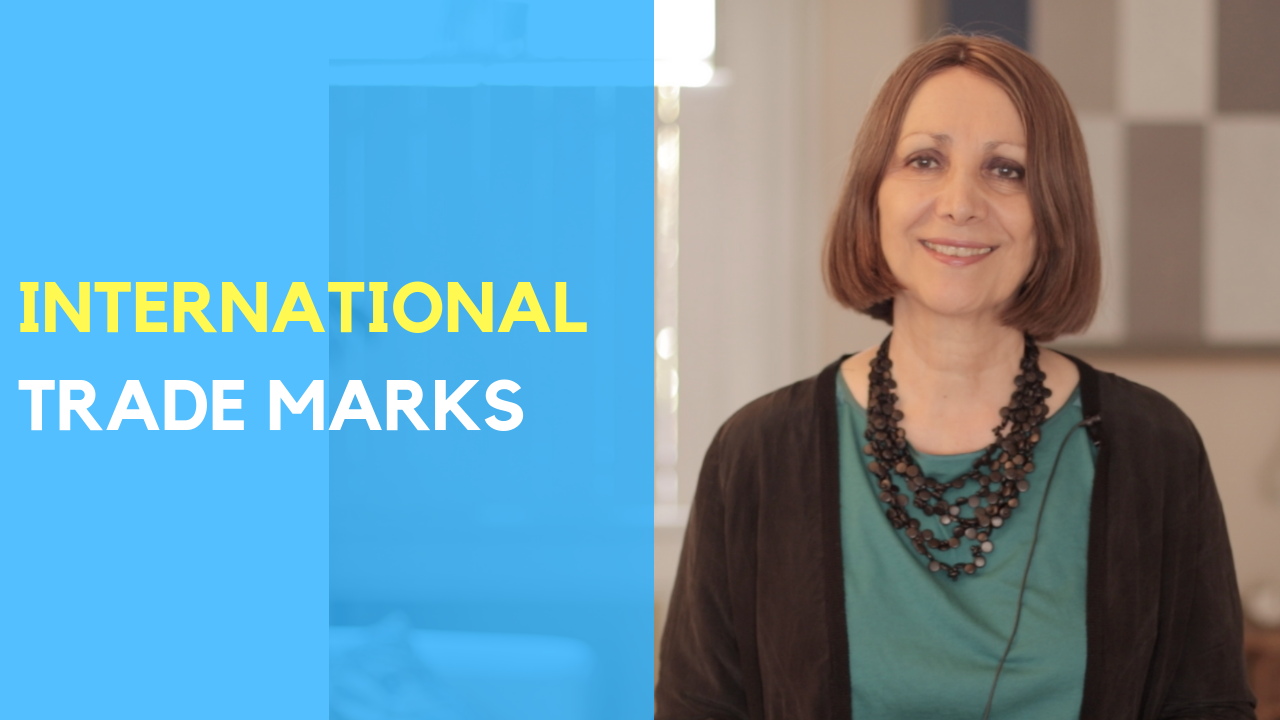International Trade Marks

Trade marks are your “badge of origin”, and serve to identify your products and services. Without trade marks, it would be impossible to find the products and services we like and to avoid those we don’t. So, trade marks are tools enabling consumers to identify products and services they have enjoyed and want to buy again.
Trademarks protect the reputation and goodwill of a brand.
Any sign unique to your business may be registered as a trademark. The most commonly registered marks are words, logos, and slogans.
International Trade Mark Protection
There is no such thing as an international trademark. Trademarks are territorial, meaning you need to register in each country in which you intend to trade.
Trademarks give you rights in the country or territory where you register. For companies trading in UK or Europe, the first step will be to apply for a UK or EU trademark. Those businesses that purely trade in this country will just want to register a UK trademark. For example if you run a restaurant and have no intention of franchising your business in other countries, the UK is the only country that is relevant to you.
A UK trade mark registration covers the UK only. A European trade mark registration covers all 27 European Union countries in a single application, and the UK too while the UK remains in the EU.
Your first application to register your mark in the UK or EU or other territory, is treated as if you had filed it internationally because it gives you worldwide protection for six months provided you go on to apply to register in your desired countries within that timescale. So you get priority protection during those 6 months.
So, if you later decide to extend the scope of your trademark to other countries, it is possible to use your base UK or EU trademark as the first step towards registering in other countries. You extend that application or registration to other countries, by designating your desired countries in a Madrid Protocol application if your desired countries are party to the Madrid Protocol. If the country of your choice is not party to the Madrid Protocol then it’s still possible to extend your UK application to that country, by making a direct application in those countries. A country that is not party to the Madrid system is South Africa.
The Madrid Protocol facilitates registration across multiple jurisdictions for those countries that have signed up to it. This offers ease of administration, cost savings, and flexibility. You file a single application and pay fees based on the countries in which you intend to secure protection. In one of the next blogs, I will explain which countries are a party to the system and will show you how to calculate the fees.
If you want a brand that is protected worldwide, the question is whether the name is available to register in your target markets in countries where you intend to do business. That generally means in the country in which you are based and other countries where you will promote your goods or services.
There are two possible approaches to take when it comes to searching. Either do some searches before applying to register your mark in a particular territory, or simply take your chances and apply to register your mark in a territory and see whether the application encounters any problems. If a local trade mark blocks your registration then you might need to trade under a different brand in that country.
It is important to be strategic about extending your protection to other classes and other countries thereafter.
if you don’t protect your mark in countries in which you trade, you could find yourself in a situation similar to what happened in Plenty of Fish/Plenty More Fish.
Plenty of Fish, a well-established online dating site objected to PlentyMoreFish setting up a rival online dating site in the UK under a similar name. They opposed PlentyMoreFish’s UK trademark application, arguing that PlentyMoreFish was riding off its reputation by setting up the rival dating site. They lost because they couldn’t show that they had UK customers and as they hadn’t protected their brand with an EU trademark they were powerless to stop PlentyMoreFish.
That situation would never happen inside a single country like the UK. There are passing off laws and other remedies which would enable business in Plenty of Fish’s situation to stop PlentyMoreFIsh by injunction or other steps. However, online it’s possible for this sort of scenario to arise unless you are vigilant about protecting your mark in countries in which you trade.
Best to cover off your home market and the important jurisdictions in which you trade.


